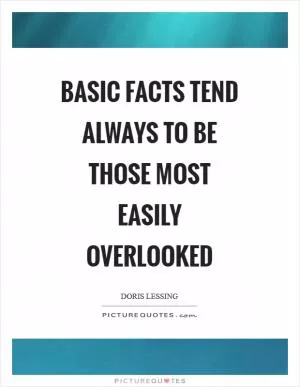We use our parents like recurring dreams, to be entered into when needed

We use our parents like recurring dreams, to be entered into when needed
In the context of Doris Lessing's work, the quote "We use our parents like recurring dreams, to be entered into when needed" takes on a profound and complex meaning. Lessing, a Nobel Prize-winning author known for her exploration of family dynamics and relationships, often delves into the intricacies of parent-child connections in her writing. This quote encapsulates the idea that our parents serve as a constant presence in our lives, even when they are physically absent, and that we turn to them for guidance, comfort, and understanding in times of need.Lessing's characters frequently grapple with the legacy of their parents, both the positive and negative aspects. In her novel "The Golden Notebook," for example, the protagonist Anna Wulf struggles to come to terms with her complicated relationship with her mother and the impact it has had on her own identity and sense of self. The idea of using parents as "recurring dreams" suggests that our parents are always with us, influencing our thoughts, actions, and emotions, even if we are not consciously aware of it.
Furthermore, the notion of entering into our parents like recurring dreams implies a sense of escapism and nostalgia. In times of difficulty or uncertainty, we may find solace in revisiting memories of our parents, seeking comfort in the familiar and the known. This idea is particularly poignant in Lessing's work, where characters often grapple with feelings of alienation and disconnection from their families.
Overall, the quote "We use our parents like recurring dreams, to be entered into when needed" speaks to the enduring power of parental relationships and the ways in which they shape our lives, even long after our parents are gone. In Lessing's exploration of family dynamics and the complexities of human connection, this quote serves as a poignant reminder of the lasting impact our parents have on us, both consciously and unconsciously.












 Friendship Quotes
Friendship Quotes Love Quotes
Love Quotes Life Quotes
Life Quotes Funny Quotes
Funny Quotes Motivational Quotes
Motivational Quotes Inspirational Quotes
Inspirational Quotes